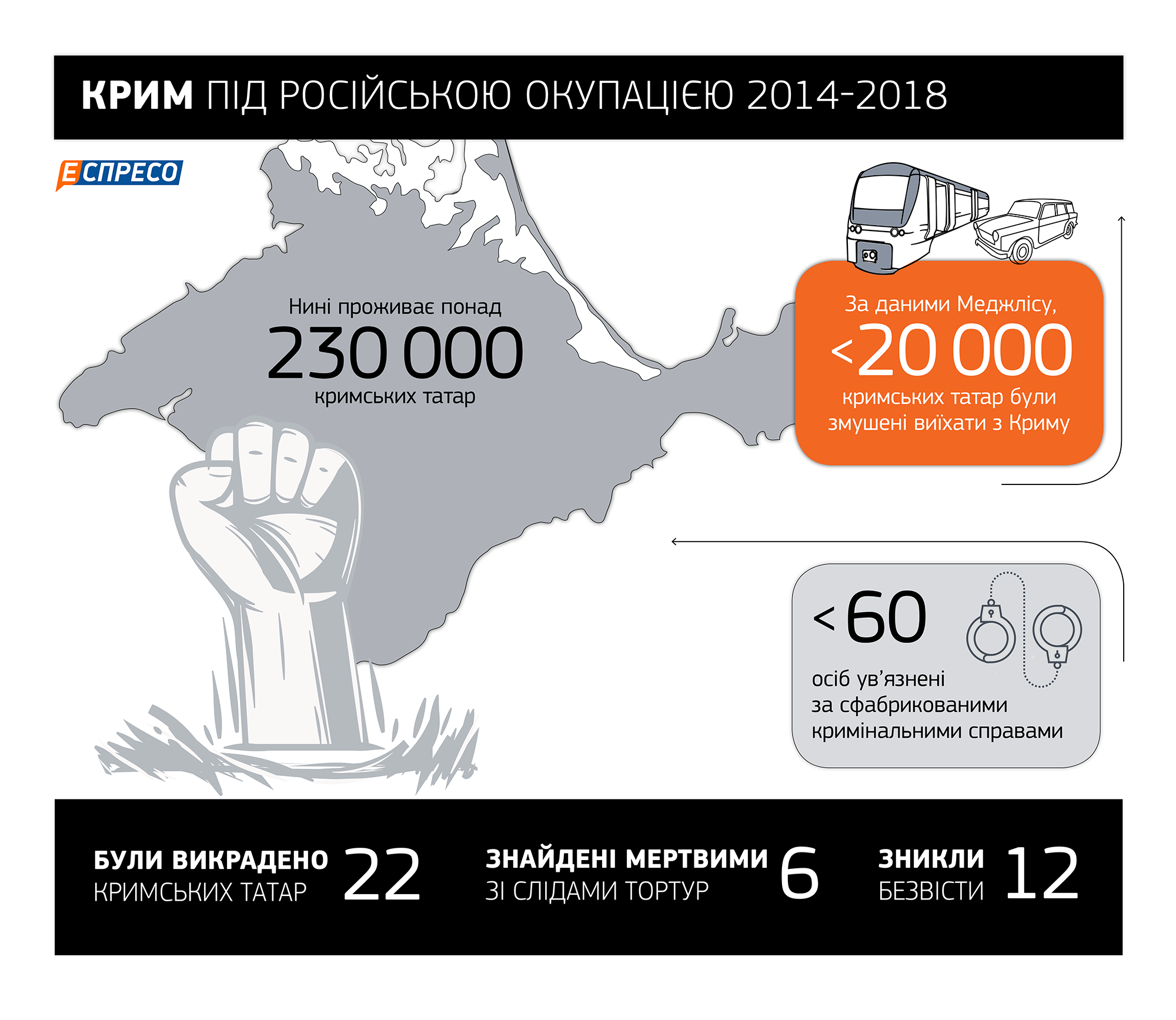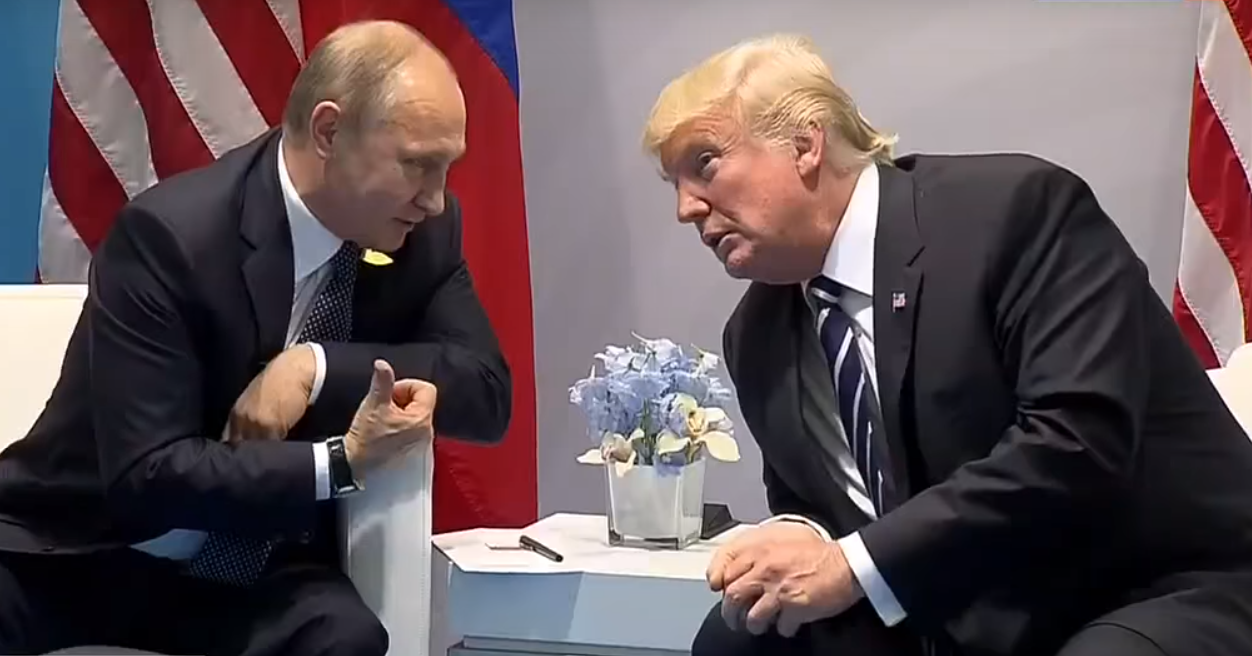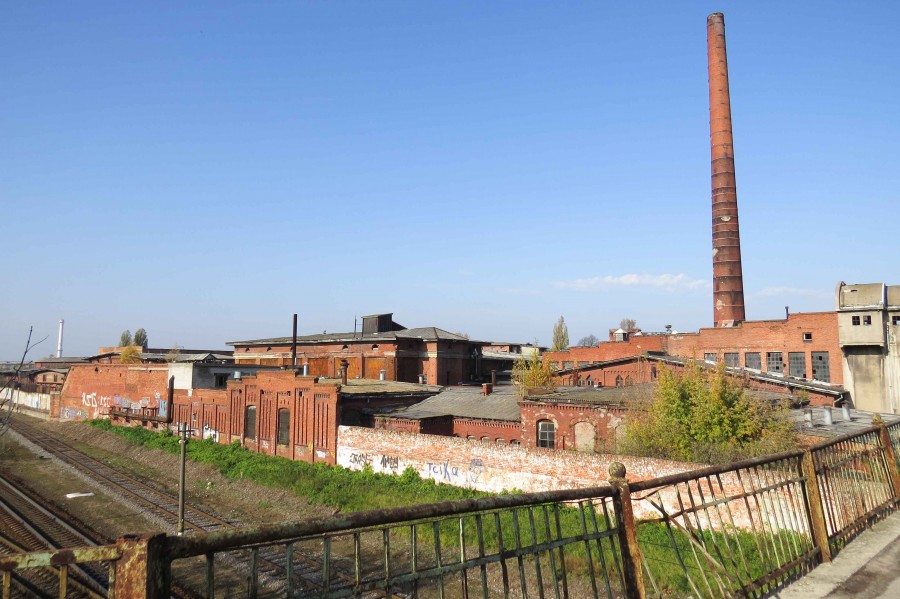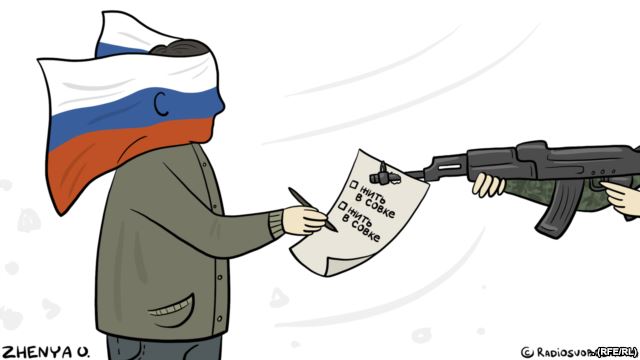Seventy years after Stalin expelled 200,000 Crimean Tatars from their homeland, Vladimir Putin is doing it again, albeit in a “new” and “hybrid” format, something that reflects the recrudescence of Stalinism under Putin and the desire of the current Kremlin leader to escape criticism and responsibility for his crimes, Dmytro Kostyuk says.
In 1944, using NKVD forces, Moscow deported the entire Crimean Tatar nation on the same day. Now, since the Russian occupation began in 2014, Putin’s forces have oppressed the 250,000 Crimean Tatars in their homeland to such an extent that approximately 20,000 have left already and many more, because of Russian repression, are being encouraged to leave.
Kostyuk, a journalist for Kyiv’s Espreso TV, notes that “as the legal successor of the Soviet Union, Russia has not paid a single kopeck for the crimes of the communist regime.” But worse yet, “the Stalinist experience of struggle with opponents of the regime also has remained in place.”
According to Eskender Bariyev, a member of the Crimean Tatar Mejlis, Moscow has unleashed “widespread repressions against the Crimean Tatars and pro-Ukrainian activists” including misuse of the judicial system, direct repression by law-enforcement agents, and open display of xenophobia toward the Crimean Tatars and Ukrainians.
The Espreso journalist says that “following the hybrid war against Ukraine has come a hybrid deportation of the Crimean Tatars,” an action as a result of which “they are forced to leave their Motherland because of unbearable conditions” that the occupiers have put in place to achieve that end.
He cites the conclusion of Yury Smelyansky, an expert on Russian-occupied Ukrainian territories for the Maidan of Foreign Affairs, that
It is universally recognized that “the main danger for the Kremlin regime on the peninsula comes from the Crimean Tatars,” who will “never support the Russian occupier” and who hope that Kyiv’s efforts in international courts will ease their situation and ultimately lead to an end to the Russian occupation. Failing that, ever more of them will leave.
Various international bodies, including the United Nations, have issued decisions in support of the Crimean Tatars and condemning Russian actions, but “today,” Kostyuk says, “Russia ignores these decisions as it does the demands of the Ukraine side for compensation” of the property of Crimean Tatars who have been forced to leave.
All indications are that the situation on the ground is deteriorating. On May 23, Refat Chubarov, the head of the Mejlis, said the occupation authorities were readying a major operation intended to arrest large numbers of Crimean Tatars and frighten others into leaving the peninsula.
“Thousands of Russians have been resettled from the Russian Federation, and citizens of Ukraine have been confronted by a difficult choice: resistance and jail or emigration and loss of property. There is also a third possibility: trying to survive with the hope that the peninsula will be returned to Ukraine.”
The Crimean Tatars have won “a small number of small victories,” such as the liberation of Akhtem Chiygoz and Ilmi Umerov,” and that gives at least some of them the hope that they can hold out and survive the latest genocidal tragedy that Moscow is visiting upon their long-suffering people.
Read More:
- Chronology of the annexation of Crimea
- Hacked military docs reveal how the Russian 18th motorized brigade invaded Crimea
- 74 years on, Russian genocide of Crimean Tatars continues
- Moscow forming ‘death squads’ in occupied Crimea and elsewhere, Shmulyevich says
- Hague court rules Russia must compensate Ukrainian investors $159 mn for Crimea losses
- Four years after annexation: Ukraine still connected with occupied Crimea, albeit weakly
- Little green men: the annexation of Crimea as an emblem of pro-Kremlin disinformation
- The attack on media freedom in Crimea threatens to stop coverage of rights abuses
- Crimean jailed for Ukrainian flag announces termless hunger strike
- The Crimean Tatar Palace and other historic sites Russia is destroying in occupied Crimea
- Military base instead of a resort: Crimea four years after the occupation
- We must protect Crimea’s human rights defenders
- UK journalist who wrote about Crimean Tatar political prisoners fined, expelled from Crimea








